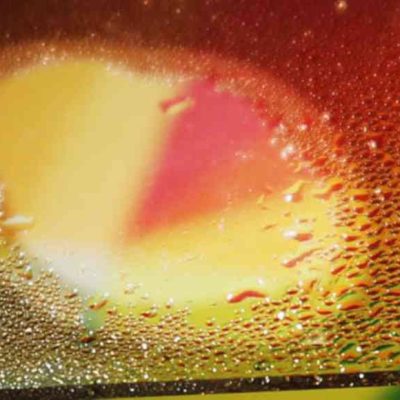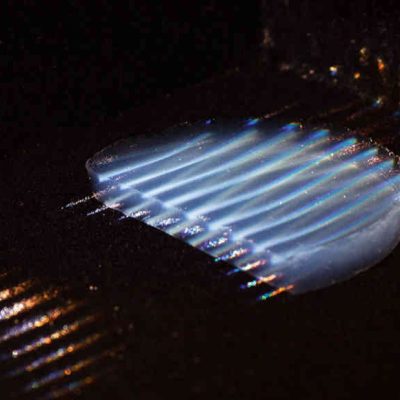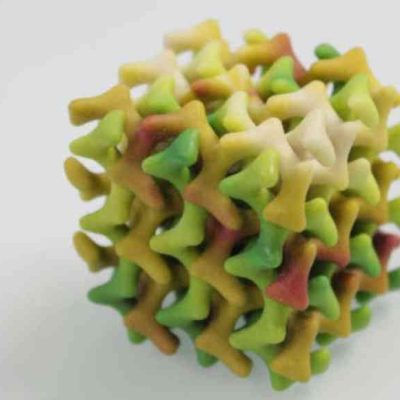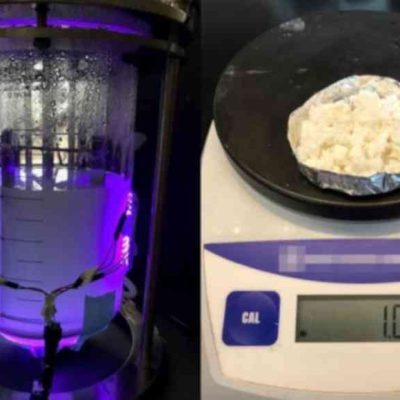Science Shop
Advertisement
Million Times Thinner Gold Plate
- By Rolf Lewis
- . August 8, 2019
Scientists at the University of Leeds have developed a new two-layered gold material that accelerates chemical processes ten times faster than currently used nanoparticles. The

Bio-Kerosene from Plant Waste
- By Rolf Lewis
- . August 7, 2019
Chinese scientists have developed a new method of synthesizing bio-kerosene from cellulose, which has a higher energy density than conventional petroleum-based kerosene. However, the production

Efficient Catalyst Produces Methanol
- By Rolf Lewis
- . August 6, 2019
A new catalyst has been developed that efficiently produces methanol from CO2 and hydrogen, which can be used as a fuel. Even emissions from power

No-Fog Glass with Nanogold Coating
- By Rolf Lewis
- . July 28, 2019
A new coating made of nanogold particles can prevent glass surfaces from fogging up by heating them up with sunlight. This transparent coating can be

Efficient Use of Sunlight with Aerogel Collectors
- By Rolf Lewis
- . July 13, 2019
A new breakthrough in solar technology has been made by scientists at the Massachusetts Institute of Technology (MIT). They have developed a new material that

Bacteria enzymes turn algae into ethanol and plastic
- By Rolf Lewis
- . July 13, 2019
The annual algae bloom in the Atlantic Ocean is becoming a growing concern due to its negative impact on the environment. The algae, which consumes

Non-freezing water innovation
- By Rolf Lewis
- . July 9, 2019
Scientists at the Swiss Federal Institute of Technology in Zurich (ETH) and the University of Zurich have developed a new nanomaterial that prevents water from

Sunlight, Water, CO2 = Kerosene
- By Rolf Lewis
- . July 6, 2019
In a groundbreaking achievement, scientists from the SUN-to-LIQUID project have successfully operated a demonstration plant that produces kerosene from air using solar energy. The process

Bacteria turn CO2 into plastic and fuel
- By Rolf Lewis
- . June 22, 2019
Scientists at the University of Colorado have developed a Bio-Nano hybrid that uses microbes to produce carbon-containing products such as plastic and gasoline from CO2,

Toxic Hormone Found in Baby Socks
- By Rolf Lewis
- . June 18, 2019
A recent study conducted in Spain has found the presence of the dangerous hormone Bisphenol A (BPA) in baby socks. BPA is known to disrupt









